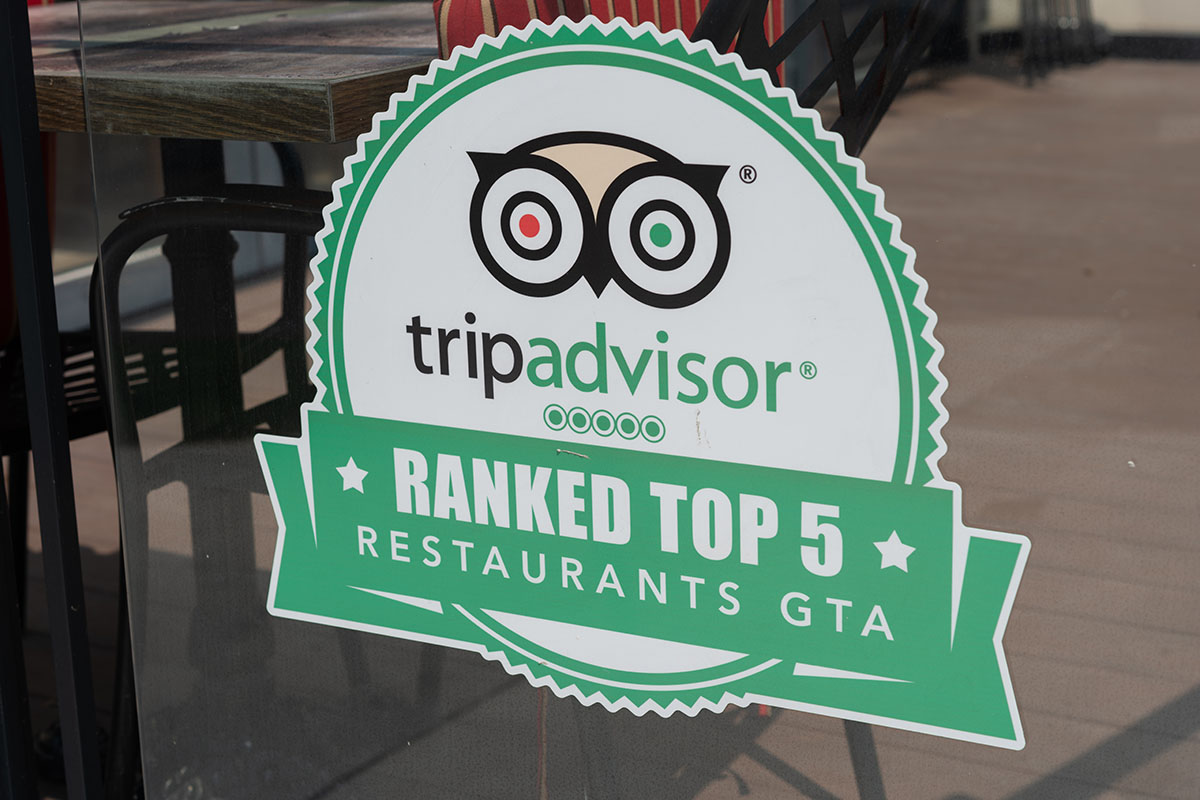Booking.com's Stagnant Mix of Short-Term Rental Stays Is a Not Necessarily Bad Thing

Skift Take
In an era when travelers see short-term rentals as an ever-more attractive choice, Booking.com's mix of bookings for these types of accommodations on its platforms in the third quarter ticked up just "slightly" compared with 2019 to around 30 percent, the company said. Isn't this an historic failure? Shouldn't Booking.com be gaining more ground?
OK, these were trick questions.
Although CEO Glenn Fogel isn't necessarily pleased with the pace of expanding the company's roster of what he calls "alternative accommodations" — it added 300,000 since 2021 — he doesn't mind the fact that around 70 percent of bookings on the site, around the same as a year earlier, were for hotels because they are more profitable than short-term rental stays.
"Well, I mean, we could easily increase that if we didn't do so well in hotels," Fogel said last week in response to an analyst's question during parent company Booking Holdings' third quarter earnings discussion. Fogel is CEO of both the parent company and Booking.com.
He added that it isn't part of Booking.com's strategy to push travelers toward short-term rentals versus hotels. Giving them a choice is a competitive advantage, he argued. After all, Airbnb doesn't offer an extensive collection of hotels for people who prefer that sort of stay, depending on their mood or trip type.
"So I don't see anything to try and artificially try and drive more people to the alternative accommodations, so necessarily a thing that's going to increase the value of the company," Fogel said. "I think providing the customer with what they want, what they need, what they think is best for them is really the right way being consumer-centric and really driving that is the best way to build the company."
Booking.com's adjusted earnings (Earnings Before Interest, Taxes, Depreciation and Amortization) was $2.7 billion in the third quarter, a 26 percent year over year jump.
Booking.com Versus Priceline
Another tidbit from Booking's quarterly report that stood out was its brand strategy in the U.S., and globally.
Fogel pointed to sister brands Priceline and Booking.com both performing well in the U.S. — a focus area for potential growth — and contributing to a nearly 30 percent increase in room nights in the third quarter compared with the same period in 2019.
But wouldn't it be more efficient cost-wise to eliminate one of those brands in the U.S. to quash the existence of multiple teams doing similar functions at Priceline and Booking.com, and even at times competing against one another?
After all, rival Expedia Group has been hell-bent under CEO Peter Kern to eliminate duplicative teams in a bid to simplify its overall operation.
"Some of our competitors have done that," Fogel acknowledged. "And to me, that may be their strategy. Our strategy is to continue with the differentiation among these brands and continue to build them out the way they're doing them."
He declined to cite details about Amsterdam-based Booking.com's performance in the U.S. versus that of Connecticut-headquartered Priceline.
"We have different brands because they offer a different user experience to the consumer and the different things that they are aiming to do different strategies," Fogel said. "We really -- we totally understand the issue of are we causing excess cost. Are there ways to save money by doing things that are not duplicative? So we are -- we understand that. We are working all the time looking at those things that we can try and improve upon."
So for Booking Holdings, it is sticking with Booking.com, Priceline, and metasearch brand Kayak in the U.S.
The parent company has done similar things in other regions where, for example in various Asian countries, Booking.com and Agoda tend to compete against one another.





